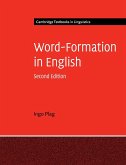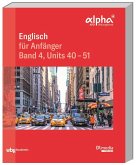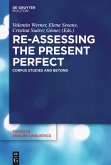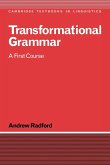Anybody with the chance of teaching English to Indonesian speakers should have experienced difficulties when it comes to non-verbal predicates and the placement of be. This volume looks at this matter from a grammar competition perspective.
An experiment conducted in Bandar Lampung with Indonesian learners of English identified specific error patterns. These patterns result from grammar competition between the L1 Indonesian and the L2 English. This work mainly deals with the influence of adverbs such as still or already, and the category of the non-verbal predicate (adjectival, nominal, preposition phrase).
Although the main focus of this work is in the field of language acquisition, this volume also provides a detailed contrast between English and Indonesian non-verbal predicates and the contrast of the English copula be and the Indonesian copulas ada and adalah. The lingusitic description is done in a generative DM-based approach. Thus, this volume does not only provide new insights in the field language acquisiton, but also in the generative description of Indonesian in general and non-verbal predicates in particular.
An experiment conducted in Bandar Lampung with Indonesian learners of English identified specific error patterns. These patterns result from grammar competition between the L1 Indonesian and the L2 English. This work mainly deals with the influence of adverbs such as still or already, and the category of the non-verbal predicate (adjectival, nominal, preposition phrase).
Although the main focus of this work is in the field of language acquisition, this volume also provides a detailed contrast between English and Indonesian non-verbal predicates and the contrast of the English copula be and the Indonesian copulas ada and adalah. The lingusitic description is done in a generative DM-based approach. Thus, this volume does not only provide new insights in the field language acquisiton, but also in the generative description of Indonesian in general and non-verbal predicates in particular.








